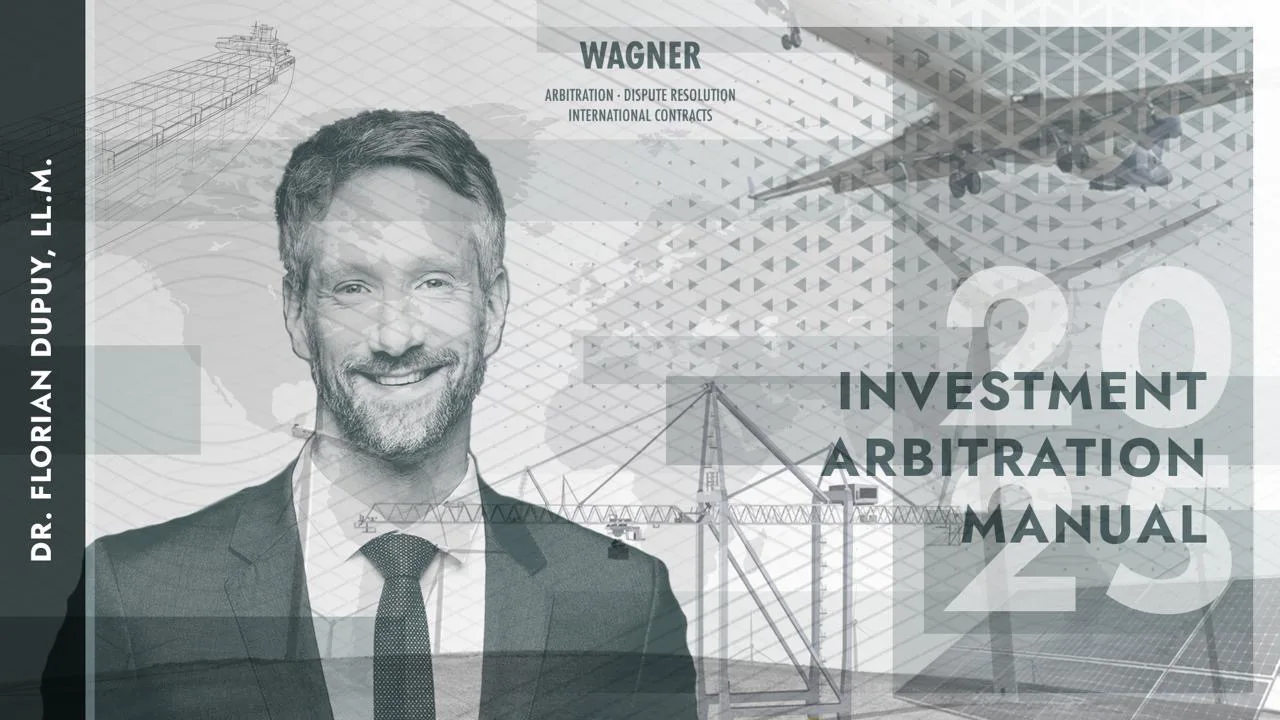Foreign investments are sometimes made through contracts directly concluded between foreign investors and host States or State entities. Commonly referred to as public-private partnership (PPP) agreements, these contracts frequently take the form of concession agreements, especially in sectors like infrastructure, natural resources, or public services. Investors typically enter into such agreements with a ministry or another public entity.
But what happens when the relationship with the host State deteriorates? Many investors assume that disputes must be resolved before the local courts of the host State. However, this is not always the case. Investment arbitration can offer access to a neutral and specialized forum for dispute resolution and compensation.
Concession agreements and their role in foreign investments
Concession agreements grant private operators the right to manage public infrastructure or services for a fixed period. Concessionaires might, for example, build and operate motorways, manage airports, or oversee water distribution networks. These operators are often compensated through regulated tariffs charged to end users, providing long-term revenue predictability. Successful concessions require stable cooperation between the investor and the State. However, changes in government or policy can strain this relationship, raising a critical question: Which court or tribunal has jurisdiction to resolve disputes?
Dispute resolution in connection with a concession agreement
Given their long-term nature and public interest implications, concession agreements typically include a dispute resolution clause or forum-selection clause, specifying the authority responsible for resolving legal disputes.
While parties often first seek amicable settlement, unresolved conflicts may escalate to arbitration or litigation. Ideally, the concession agreement contains an arbitration clause referring disputes to a reputable institution such as the ICC, DIS, LCIA, or SCC. This form of commercial arbitration focuses on the terms of the concession and the applicable substantive law agreed upon by the parties.
Arbitration is generally preferable for investors due to its neutrality, efficiency, and flexibility. But what if the contract refers disputes to local courts or omits a forum-selection clause altogether?
Arbitration without a contractual arbitration clause
Even in the absence of an arbitration clause, concession holders may still have access to international arbitration. This is possible through investment arbitration or Investor-State Dispute Settlement (ISDS), a mechanism governed by international treaties rather than contractual agreements.
Before defaulting to local courts, investors should check whether the host State has signed an International Investment Agreement (IIA) with their home State or has national investment protection legislation giving foreign investors access to arbitration. These treaties and local laws often include protections against discriminatory or unfair treatment and grant foreign investors the right to bring claims before international arbitral tribunals.
Host States may argue that all disputes somehow connected to the concession agreement must be resolved locally. However, several legal principles may allow investors to bypass local courts:
- Contractual vs. Treaty Claims:
Dispute resolution clauses typically cover only contractual claims. Claims based on violations of the IIA or domestic investment protection laws – such as discrimination, arbitrary treatment, or breach of the State’s obligations of transparency or protection – may on the other hand fall under the jurisdiction of investment arbitration tribunals.
- Umbrella Clauses in IIAs:
IIAs frequently include so-called umbrella clauses, which may elevate contractual commitments made by the host State to the level of treaty obligations. Depending on a several factors – including the wording of the umbrella clause, its interpretation by the tribunal, and the type of impugned State conduct – this may enable investors to bring claims for breaches of contractual obligations directly under international law.
- Breach of Legitimate Expectations:
State conduct that violates promises or assurances relied upon by the investor – especially if these influenced the decision to invest – can be challenged by the investor under investment arbitration. Even where these assurances were later formalized in the concession agreement itself, an international tribunal might rule that the State conduct is in breach of international fairness standards because the State enticed the investment by making promises it did not later hold.
Conclusion
Concession agreements with foreign States present unique challenges when disputes arise, particularly regarding jurisdiction and dispute resolution mechanisms. While local courts might seem like the default avenue, investors often have alternative options through international arbitration – even without a contractual arbitration clause. Understanding the protections afforded by international investment agreements and the potential reach of investment arbitration can provide investors with more effective and neutral pathways for resolving disputes and securing compensation.

